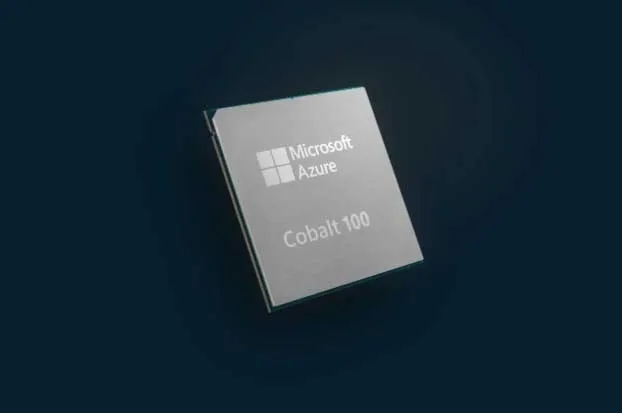Competition in the automotive semiconductor segment heated up at CES 2024, with AMD announcing its entrance into the market and Intel rolling out a new line of SoCs and acquiring Silicon Mobility. Meanwhile, Nvidia promoted a slew of design wins with mainly Chinese EV manufacturers and Qualcomm highlighted its industry leadership and touted the latest enhancements to its wide range of platforms.
Even though Intel was keen to remind everyone that it has chips running in 50 million vehicles, the company is a latecomer to the intelligent automotive platforms market. With the launch of its first-generation AI-enhanced SDV SoC for automobiles and acquisition of Silicon Mobility, a firm specializing in SoCs for intelligent EV energy management, Intel is looking to make up for lost time. However, the company’s announcement of just one design win with Zeekr shows that it has a long way to go before it becomes a major threat to Nvidia and Qualcomm.
AMD marked its entry into the automotive segment with the introduction of Versal AI Edge XA SoC and Ryzen Embedded V2000A Series processors aimed at enhancing safety and digital cockpit experiences in vehicles. Although both platforms look promising, the company has a tough road ahead if it is to drive widespread adoption in this highly competitive market.
Nvidia showed that is moving at full speed ahead with its announcement that Chinese EV makers Li Auto, Great Wall Motor, Zeekr, and Xiaomi have all adopted Nvidia Drive solutions for their vehicles. Other companies that have already committed to the platform include Mercedes-Benz, Pebble, Polestar, and Zoox.
Qualcomm was keen to highlight its pedigree in the automotive market at CES, including over two decades of industry experience and over 350 million vehicles on the road using its Snapdragon Digital Chassis solutions. At the show the company presented a slew of Generative AI, connectivity, and intelligent safety enhancements to its various automotive platform solutions, as well as unveiling its Snapdragon Ride Flex SoC and Snapdragon Car-to-Cloud solutions. Qualcomm also expanded its Digital Chassis SoCs to cover a broader range of vehicles, including two-wheelers and new vehicle classes.
With all four leading semiconductor players now engaged in the automotive market, competition is set to become even more intense as they duke it out for design wins among auto makers. With over fifty EV manufacturers including BYD, the largest in the world, eager to use the latest technology to differentiate their vehicles in the market, China will be the most significant arena for all four companies over the next few years.
Long time technology industry fan here in Taiwan.



